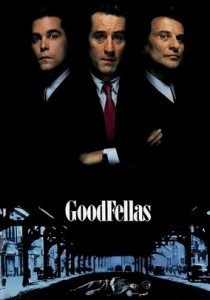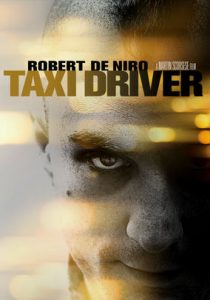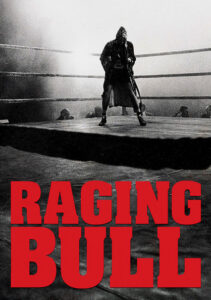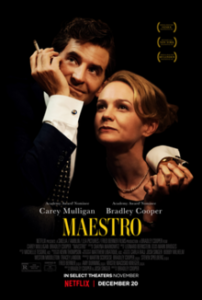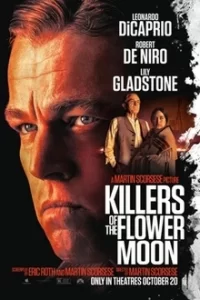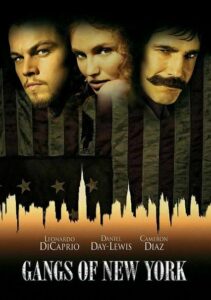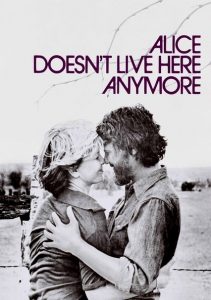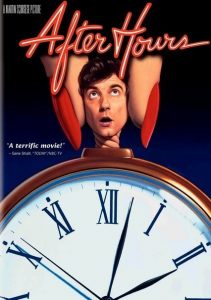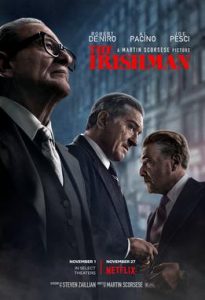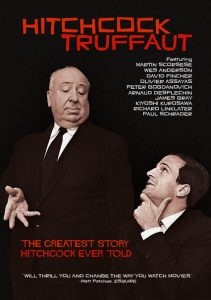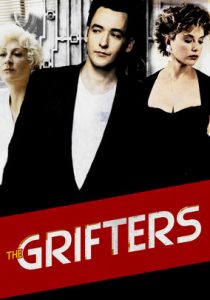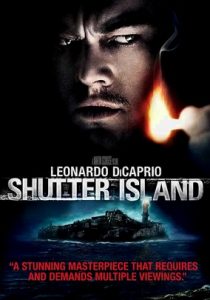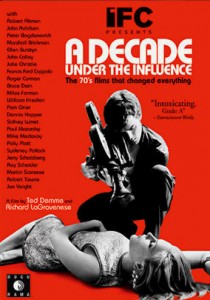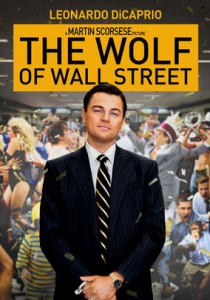Goodfellas-1990
Director Martin Scorsese
Starring Ray Liotta, Robert De Niro, Joe Pesci
Top 250 Films #46
Scott’s Review #349
Reviewed January 9, 2016
Grade: A
Director Martin Scorsese adapts Goodfellas, a crime-mob film, from Nicholas Pileggi’s 1986 nonfiction book. Pileggi helped Scorsese write the screenplay.
The film is more matter-of-fact in its telling than the purely dramatic The Godfather, with added wit and humor, and excellent editing.
Featuring powerful acting by Ray Liotta, Robert De Niro, and Joe Pesci, it is a memorable classic mob film that can be enjoyed via repeated viewings.
Largely ad-libbed, the film is rich in good dialogue and contains one of the highest totals of curse words in film history.
The film is told from the first-person narrative of the lead character, Henry Hill.
Henry, now in the Witness Protection Program, recounts his years affiliated with the mob from 1955 to 1980.
We meet Henry as a youngster in Brooklyn, New York. He is half-Italian, half-Sicilian. He idolizes the “wise guys” on the streets and intends to one day join their ranks.
From there, the film describes the trials and tribulations of Henry’s group of miscreants. Henry meets and falls in love with Karen (Lorraine Bracco), and their tumultuous love story is explored through tender moments and affairs.
What I love most about Goodfellas is the love of the characters and the sense that you are part of the action. The film is a highly stylized family drama- gritty nonetheless, but the viewer feels like they are part of things and a family member- milestones are celebrated, and meals are shared.
We see Henry grow from a teenage gullible boy who idolizes the neighborhood men to being part of the group.
The other characters, such as vicious and volatile Tommy DeVito (Pesci) and Jimmy “The Gent” Conway (De Niro), are aged and mature.
Bracco’s character is interesting. Unlike most of the female characters in The Godfather films, she is not content to merely sit on the sidelines and look past her husband’s shenanigans and torrid affairs with floozies.
She is a more modern, determined woman, and Bracco plays her with intelligence and a calm demeanor. She wants to be Henry’s equal instead of just some trophy wife.
Pesci deservedly won the Best Supporting Actor Oscar for his role; he is brutal and filthy but a mesmerizing character.
During a memorable scene, his character Tommy jokingly teases Henry, but when Henry responds in a way that displeases Tommy, the scene grows tense, and Tommy becomes increasingly disturbing.
His famous line “What am I a clown- do I amuse you?” is both clever and haunting in its repercussions.
I adore the soundtrack that Scorsese chose for the film—spanning decades, he chooses songs true to the times, such as “Layla” (1970) or “Remember (Walking in the Sand)” (1964), which are just perfect.
Worth noting is that when a scene plays, sometimes the song is mixed in with the narrative so that it enhances the scene altogether—becoming a part of it rather than simply background music.
If one is looking for the perfect mob film, one that contains music, wit, charm, and fantastic writing, Goodfellas is among the best.
I prefer The Godfather and The Godfather II, but while Goodfellas has similarities to these films, it is also completely different and stands on its own merits.
Oscar Nominations: 1 win-Best Picture, Best Director-Martin Scorsese, Best Supporting Actor-Joe Pesci (won), Best Supporting Actress-Lorraine Bracco, Best Screenplay Based on Material from Another Medium, Best Film Editing
